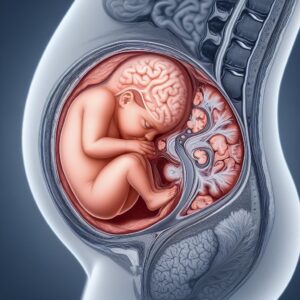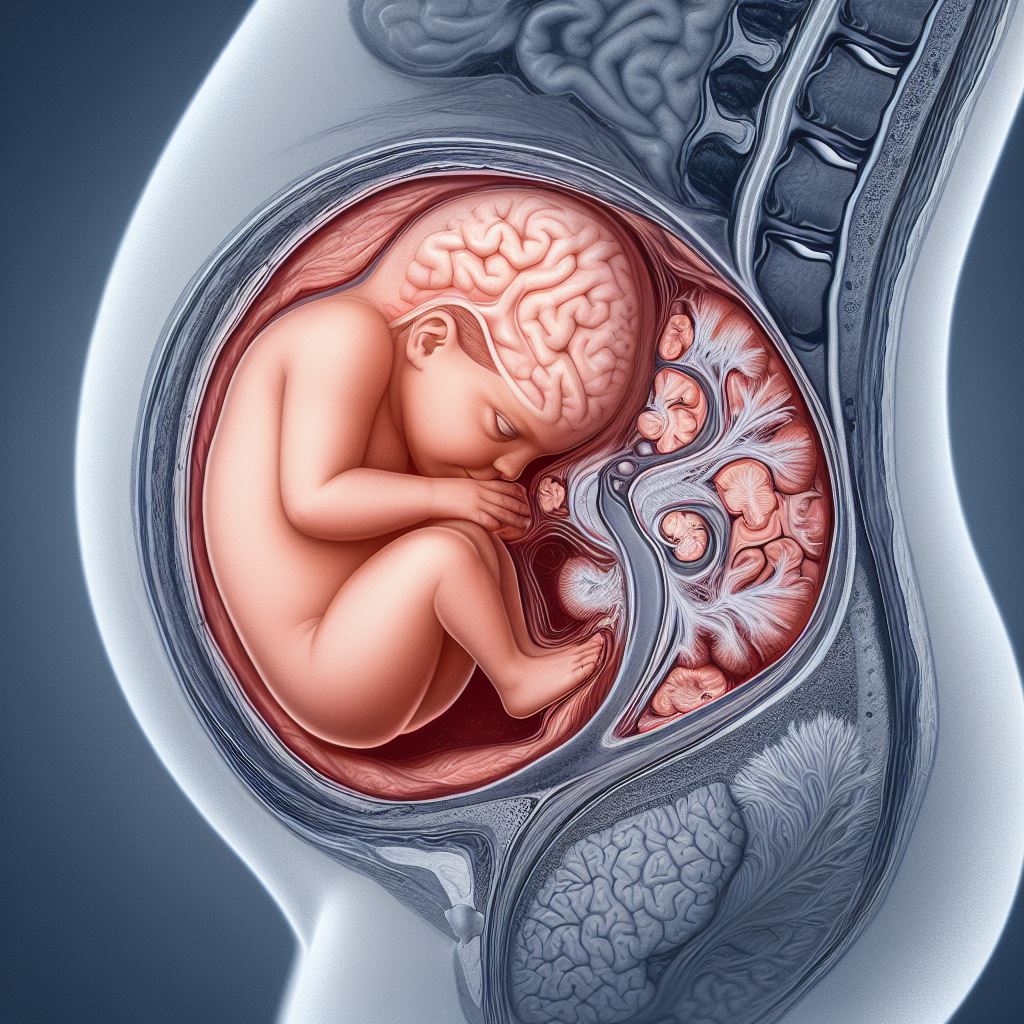Have you ever looked at your newborn and wondered what’s going on in their little mind? A recent study published in the journal ‘Trends in Cognitive Science’ has brought us one step closer to understanding this mystery.
What’s the Big Question?
The big question is: when does consciousness, or the ability to have experiences, start in babies? Some researchers think it starts ‘early’ (at birth or shortly after), while others believe it starts ‘late’ – by one year of age, or even much later.
What’s New in This Study?
 The researchers used a new approach to tackle this question. They looked at markers from brain imaging that have been found to reliably differentiate consciousness from its absence in adults. This is the first time that these markers have been used to assess consciousness in infants.
The researchers used a new approach to tackle this question. They looked at markers from brain imaging that have been found to reliably differentiate consciousness from its absence in adults. This is the first time that these markers have been used to assess consciousness in infants.
What Did They Find?
The findings suggest that newborns can integrate sensory and developing cognitive responses into coherent conscious experiences. In simpler terms, your baby might be able to understand what’s happening around them and plan their own responses. The study also gives us a glimpse into ‘what it is like’ to be a baby. For example, babies might see things differently than adults do, and they might take longer to understand what’s in front of them. But they can easily process more diverse information, such as sounds from other languages.
A Tale from Mythology
To make this concept more relatable, let’s look at an example from Indian mythology. In the epic Mahabharata, there’s a character named Abhimanyu who was said to have learned about the complex battle formation called ‘Chakravyuh’ while he was still in his mother’s womb. His father Arjuna was narrating the technique to his mother Subhadra when she fell asleep. As a result, Abhimanyu learned how to enter the formation but not how to exit it. This story is often cited as an example of prenatal learning and consciousness.
Why Does This Matter?
Understanding when and how consciousness emerges could help us better understand and care for infants. It could also inform debates about the rights and protections afforded to infants.
In conclusion, while there is still much we do not know about infant consciousness, this study provides compelling evidence that some form of conscious experience is present by birth, and perhaps even in late pregnancy. As we continue to explore this fascinating area of research, we may come closer to answering the question: “What is it like to be a baby?”
References:
‘Consciousness in the cradle’: Trends in Cognitive Science’













 From that first golden hour to every cuddle at home, we stand beside you.
From that first golden hour to every cuddle at home, we stand beside you. Give your baby the launchpad they deserve—discover NeoWinn’s life-changing infant solutions now.
Give your baby the launchpad they deserve—discover NeoWinn’s life-changing infant solutions now.
